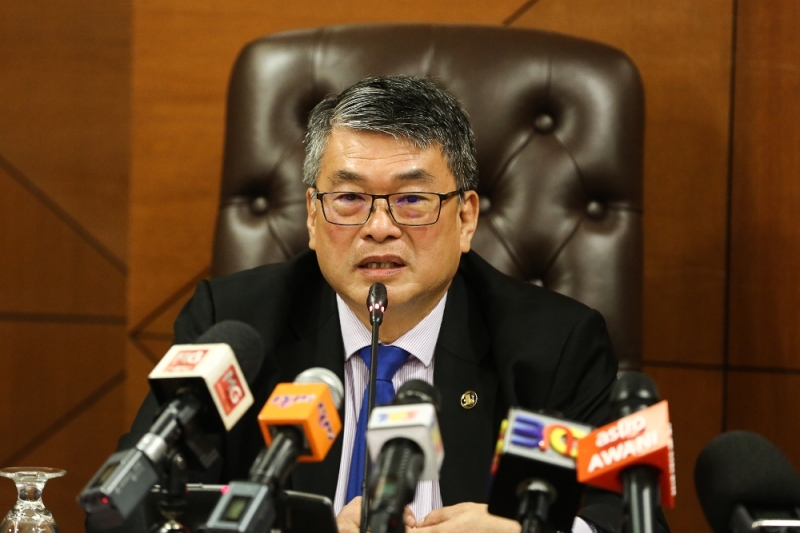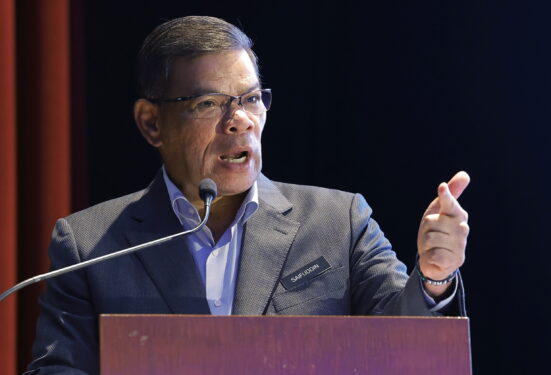DESPITE having resigned as Prime Minister (PM) barely 18 months into his tenure, Tan Sri Muhyiddin Yassin has been ‘retained’ by the Yang di-Pertuan Agong as the caretaker PM until a successor is appointed.
Even though he has lost the majority support of MPs, the King is not in favour of conducting fresh elections now due to the onslaught of the COVID-19 pandemic.
According to legal expert Datuk Dr Cyrus V. Das in an article entitled “A caretaker government: What can it do?” that appeared in The Star on March 28, 2013, there is no reference to a caretaker government in Malaysia’s Federal Constitution.
“The concept of a caretaker government is a concept of the Westminster parliamentary system,” he pointed out. “A caretaker government may broadly be described as an interim government that governs pending the outcome of a determining event.”
Rather, in the Malaysian political and constitutional terminology, a caretaker government is often taken to mean a government during a period when the parliament is dissolved by the Yang di-Pertuan Agong prior to a general election, and continues for a period after the election until the next cabinet is appointed.
A caretaker government is expected to conduct itself in accordance with a series of well-defined conventions that are administered by the Prime Minister’s Department, although there is no law compelling the caretaker government to do so.
According to the UK Institute for Government, the phrase “caretaker government” describes a government that holds office subject to certain temporary restrictions on what it may do, either during the pre-election period known as ‘purdah’ or because it may have lost the confidence of the House of Commons (or Dewan Rakyat in the Malaysian context).
The UK has not developed comprehensive rules over the formation and operation of caretaker governments. The workings of caretaker governments operate through convention, which has been published in the 2011 Cabinet Manual.
In the UK, a government acts in a caretaker capacity in three scenarios:
- During a general election campaign;
- If a vote of no confidence is passed by the House of Commons; and
- If an election produces an unclear result.
According to the Netherlands Government manual, a government assumes ‘caretaker’ status once it or the PM has submitted a letter of resignation to the King.
“The caretaker government continues to govern until a new government is appointed, but deals only with ongoing business,” according to the government manual.
“It does not deal with any politically sensitive (ie. controversial) issues. The Senate (Dewan Negara) and the House of Representatives (Dewan Rakyat) decide which issues are controversial.”
It is generally accepted that a caretaker government should not:
- Make any new policy which binds a future government.
- Make new expenditure commitments other than of a routine kind.
- Make public appointments which bind a future government.
- Enter into significant government contracts. – Aug 16, 2021










